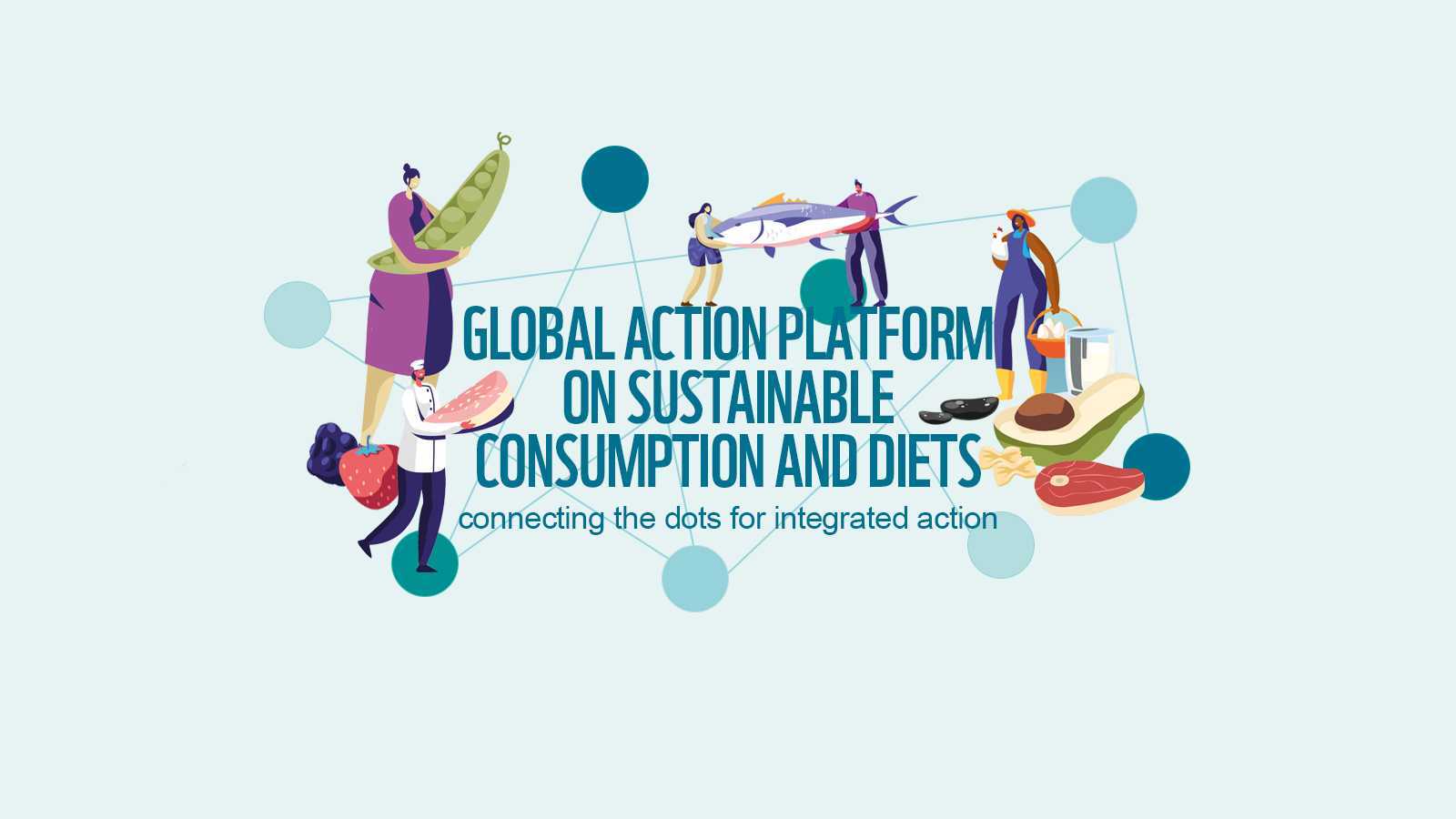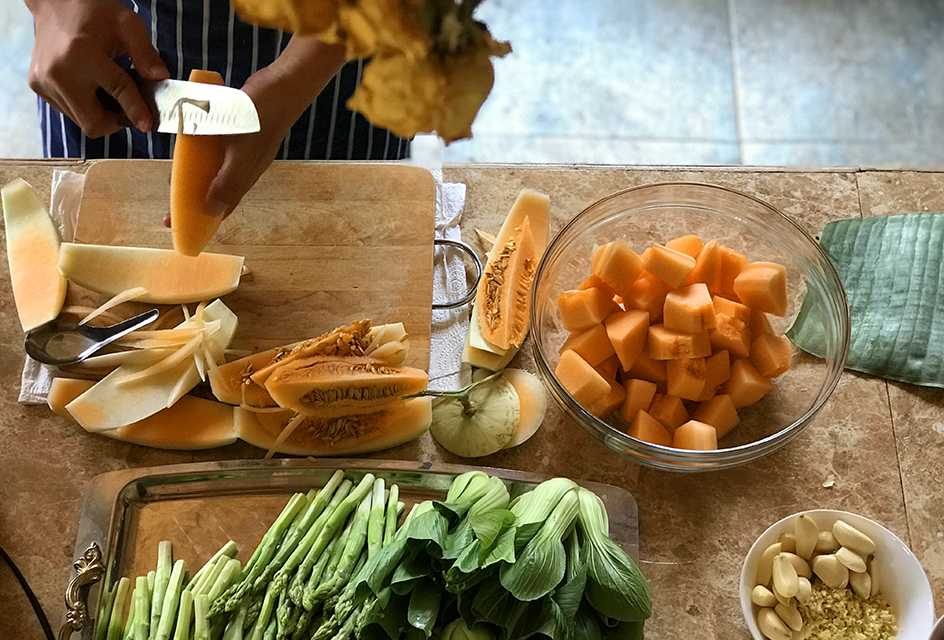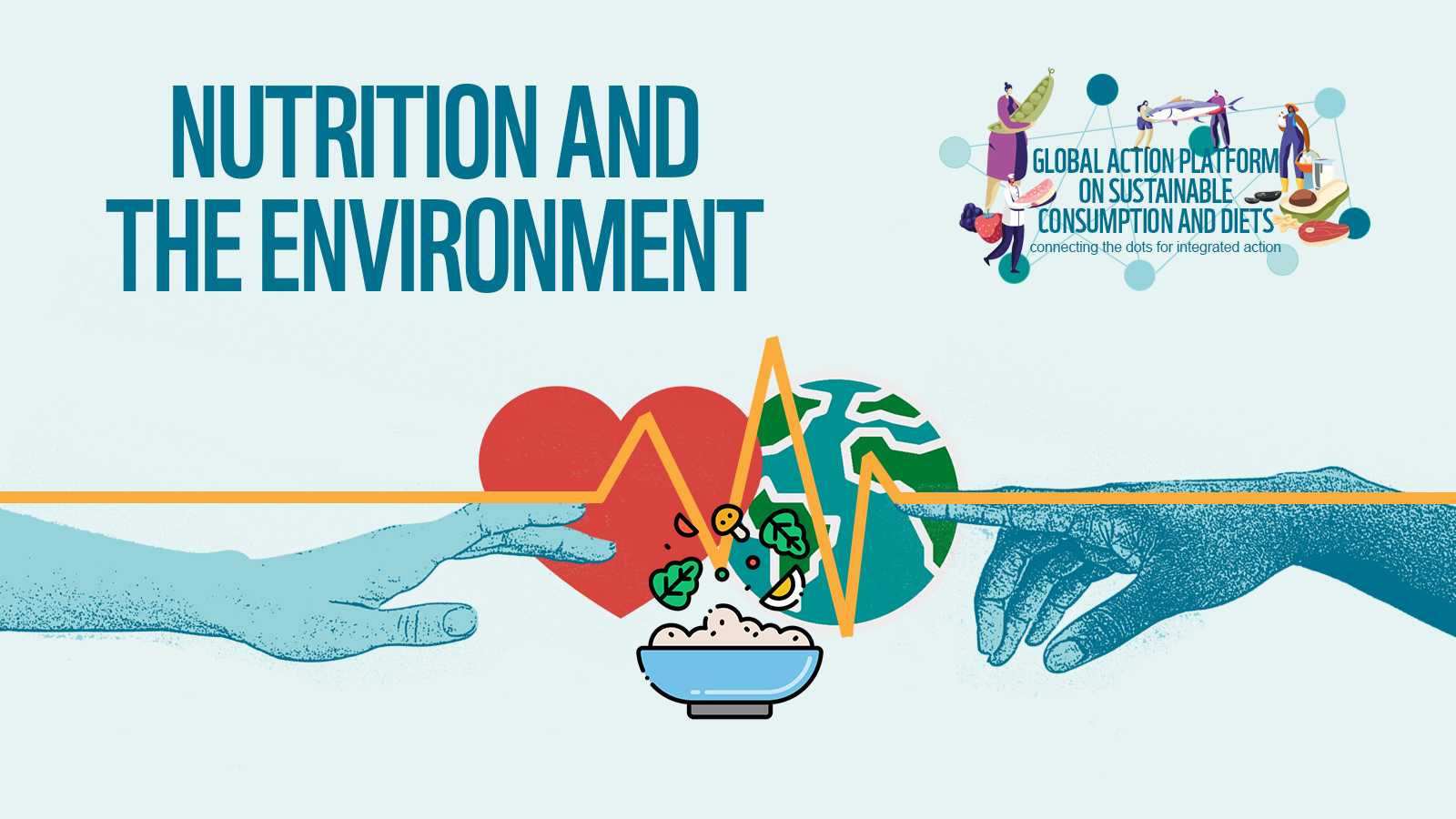Global Action Platform for Sustainable Consumption and Diets
Humanity’s chance of achieving the United Nations’ Sustainable Development Goals (SDGs) within the next decade will be largely determined by critical decisions over the next 12 months. What we eat and how our food is produced needs to be at the centre of global action. At the United Nations Food Systems Summit, climate change, biodiversity loss, healthy diets, and livelihoods were discussed alongside food security. But there are many other high-level conferences in the coming year – and if concrete actions are not integrated across them, we run the real risk of missing the SDGs.

Food systems are the largest cause of environmental degradation and human health problems. Food production uses about 40% of land and 70% of freshwater withdrawals, is the main driver of biodiversity loss, is responsible for about 30% of greenhouse gas emissions, and is the main risk for morbidity and mortality. These facts are well documented in scientific literature, yet other than in the UN Food Systems Summit, food is not a priority discussion item or negotiation topic at major summits. Furthermore, discussions that do take place tend to focus on changing food production. But we can’t rely on nature-positive production alone – to feed a growing population within planetary boundaries we also need to reduce food loss and waste and transform our diets. Changing what we eat plays a major role in achieving SDGs and has been identified as the single biggest way to reduce greenhouse gas emissions of our food systems.
To start connecting the dots, WWF launched the Global Action Platform on Sustainable Consumption and Diets. This platform convenes key stakeholders who are working on food systems transformation to build a coalition committed to maximizing collective impact during the Super Year of Food. Over the course of the next several months, the Action Platform will discuss strategies and coordinate action before and during the key summits ahead.
The platform draws together a variety of stakeholders, representing numerous organisations and civil society. In parallel to the virtual meetings that have focus topics each and are geared specifically to upcoming important global conferences, articles produced by several members of the group are published.
Only by connecting agendas on biodiversity, climate and health can we actually achieve our global goals.
The platform has thus been setup to serve as a bridge between the various relevant international events and the community of practice on topics of sustainable consumption and diets.

© WWF Thailand
"Our food choices matter. Together, we can make this world a better place simply by choosing the right foods and the right way to produce food."

On FoodTank, articles on the Global Action Platform on Sustainable Consumption and Diets are published regularly.
The most recent blogpost – co-authored by Joao Campari, Gunhild Stordalen of EAT and Stineke Oenema of UN Nutrition – highlights the importance of nutrition and food systems, and how our diets play a crucial role in navigating the path towards nature-positive food systems. To ensure sustainable food production, urgent action to make healthy foods available, affordable, and accessible for all people must also be part of the agenda. Head to the blog to learn more here.
For more information please visit:
International Climate Initiative
Future Food Together is part of the International Climate Initiative (IKI), which is supported by Germany’s Federal Ministry for the Environment, Nature and Conservation and Nuclear Safety (BMU). IKI operates within the framework of the United Nations Framework Convention on Climate Change and the Convention on Biological Diversity, financing climate change mitigation and biodiversity conservation in developing, emerging and transitioning countries.
